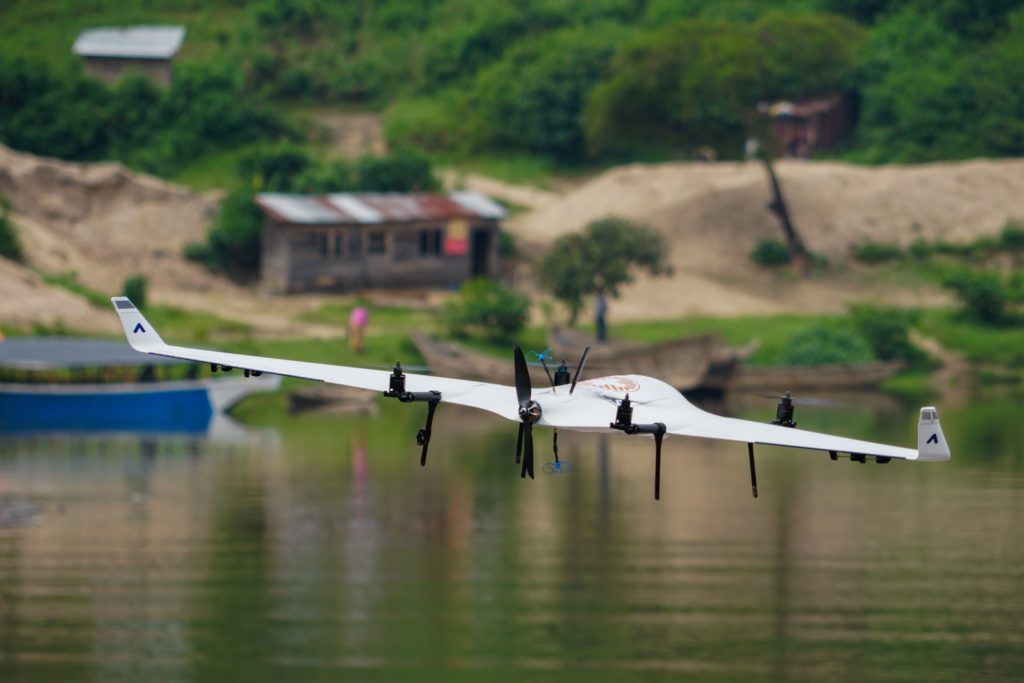The Network
WildDrone is an international training network under the EU Marie Sklodowska Curie Actions programme with partners from across Europe and Africa. We work to revolutionize wildlife conservation practices by using autonomous drone technology as a unifying platform to monitor wildlife populations, track their movements, and manage human-wildlife conflicts. The network has received funding from the EU (€ 2,777,853.60), UK Research and Innovation (£ 530,503), and the Swiss State Secretariat for Education, Research and Innovation (CHF 319,412.00). The network will operate from 1 January 2023 – 31 December 2026.
A Global Biodiversity Loss
Our planet is experiencing an exceptionally rapid loss of biodiversity, and more species are threatened with extinction now than at any other point in human history. Habitat loss due to agricultural expansion, urbanization, land degradation, overexploitation, and climate change are among the primary factors accelerating populations decline and species extinction. We believe that there is an urgent need for more effective and feasible conservation practices to monitor wildlife populations, track their movements, and manage human-wildlife conflicts. Recent advances in technology have paved new avenues for more accurate and larger-scale interventions that can help us combat the rapid decline of wildlife populations we witness globally.

Copyright by Avy
Technological Innovation for More Effective Wildlife Conservation Actions
WildDrone works to revolutionize wildlife conservation practices by integrating the fields of aerial robotics, computer vision, and wildlife ecology, using autonomous drone technology as a unifying platform. We will develop new autonomous systems, expand current software capabilities, and combine these advances to create practical tools for visual inspection and monitoring of wildlife populations, movement, behaviour, and habitats in complex field settings. A key concern in our work will be to investigate the trade-off between drone quantity and quality: which conservation goals can be achieved using small, inexpensive drones and community science efforts, and which goals require more technologically complex equipment and expert operators? Understanding this trade-off will allow us to provide a range of solutions for conservation efforts and promote wider adoption of our innovations.
The Doctoral Training Programme
The WildDrone consortium will recruit and train a total of 13 doctoral candidates (Ph.D. students), equipping them with a unique combination of multidisciplinary skills required to realize the full potential of drones and companion autonomous systems for nature conservation missions. The doctoral candidates will be based in Europe and will work closely together and participate in joint training sessions and field trips. As part of their education, the doctoral candidates will undertake one or more secondments and conduct field work in Europe, the U.S., and Africa. The doctoral projects are allocated to three scientific themes. Each theme targets a core scientific area: Ecology for wildlife conservation, drone operations, and computer vision. A Theme Supervisor oversees each theme.
Get in touch
Contact us on WildDrone@sdu.dk



WildDrone is an MSCA Doctoral Network funded by the European Union’s Horizon Europe research and innovation funding programme under the Marie Skłodowska-Curie grant agreement no. 101071224. Views and opinions expressed are those of the author(s) only and do not necessarily reflect those of the European Union or the European Commission. Neither the EU nor the EC can be held responsible for them.
